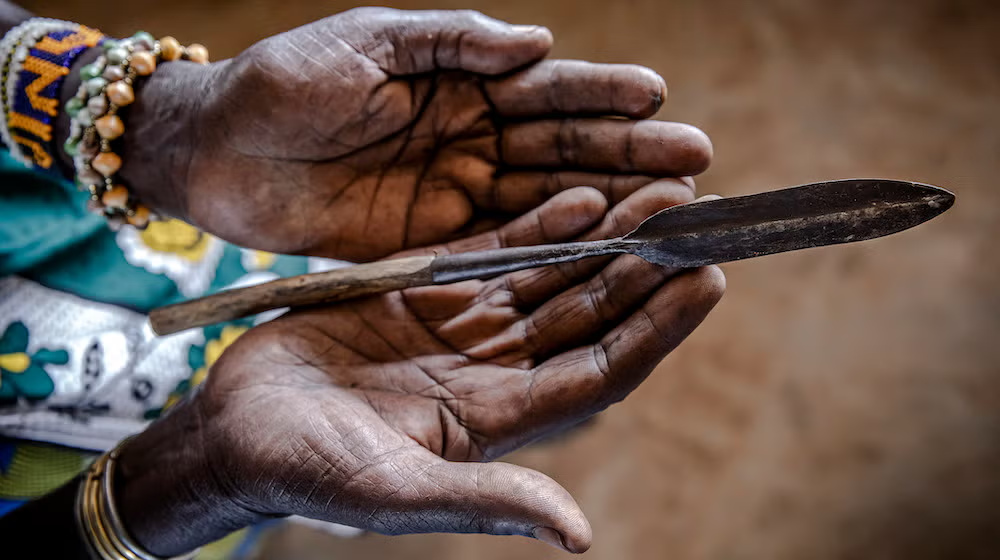By Alex M. Odongo
As Kenyans continue to present their views on Finance Bill 2024 to the budget committee it is worth noting that this exercise has not been met with the same excitement as last year’s, which sparked the most heated debate ever witnessed in our country’s history.
The majority of Kenyans believe that the government treats public participation as a mere formality and that their views are never considered in the final document, as evidenced by the finance bill 2022/2023, in which a large proportion of Kenyans opposed the housing levy but it was surprisingly approved by the National Assembly.
While there is no legal formula for including public views in a new bill because it has always been left to the discretion of members of Parliament in the National Assembly, members of the public can seek redress from the courts if they believe the process was not carried out in accordance with the requirements of the Public Finance Management (PFM) Act 201.
In examining this bill, a number of outstanding issues have sparked public debate including the subjection of bread to VAT at 16%, an Eco levy on environmentally harmful goods such as diapers, and a new 2.5% auto vehicle tax.
The major concern that Kenyans are asking right now, particularly middle and low-income earners, is whether the finance bill 2024/25 addresses the cost of living. Does it benefit those in business? Are the taxes Kenyans pay equivalent to the quality of public services they receive? The answers to these queries are unequivocally negative.
Kenya is a net importer, importing a variety of goods like wheat, pesticides, vehicles, iron, oil, and used clothing. In an attempt to support domestic manufacturing and decrease imports, this bill proposes to raise the import declaration fee from 2.5% to 3%. However, this will drive up the price of these goods and hence raise living expenses.

This finance bill is a deterrent to the business community given the high cost of doing business in Kenya, which includes high electricity costs and inadequate infrastructure.
The excise tax on packaging materials and the 2 million shilling monthly penalties for businesses that do not use E-TIMs are harsh measures that could force a large number of micro, small, and medium-sized companies (MSMEs) to close.
Bread will now be subject to 16% VAT as a result of the plan to remove it from the VAT exemption, raising the cost by at least 9 shillings. Previously, the government had zero-rated bread to subsidize the poor’s consumption of items. If this proposal is adopted, bread will no longer be the morning food of choice in many homes and even in schools.
For low-income Kenyans, second-hand clothing, also referred to as “mitumba,” is the most economical clothing for Kenyans with limited income. Furthermore, the mitumba industry has been supporting a large number of “hustlers.” The hustlers who depend on this industry and low-income Kenyans who cannot afford new clothes would suffer as a result of import tax on these goods.
The government’s plan to impose a motor vehicle tax may be a smart method to reduce pollution and promote the use of public transportation, such as railroads, as a means of mitigating climate change, but we now lack the infrastructure needed to support public transportation.
Furthermore, why is the motor vehicle tax being introduced when comparable levies already exist, such as the road development levy, 4% insurance premiums, and the annual advance tax paid by public service vehicles? This would be the equivalent of double taxation.
The finance bill does, however, contain some excellent suggestions, such as an eco tax on items like phones, digital cameras, rubber tires, diapers, and so on, to make sure both manufacturers and importers of specific goods bear the financial burden of the products’ negative environmental impacts.
In conclusion, the budget committee must take into consideration the opinions of Kenyans, especially with regard to the cost of living, and the business community, and make sure that the taxes we pay are reflected in the public services we receive when it retreats to draft the final report on the finance bill 2024 following the public participation exercise.
Kenyans, have until May 28th to make submissions on Finance Bill 2024.
Alex M. Odongo is a Freelance Journalist and Budget champion: alexmusikoyo@gmail.com














